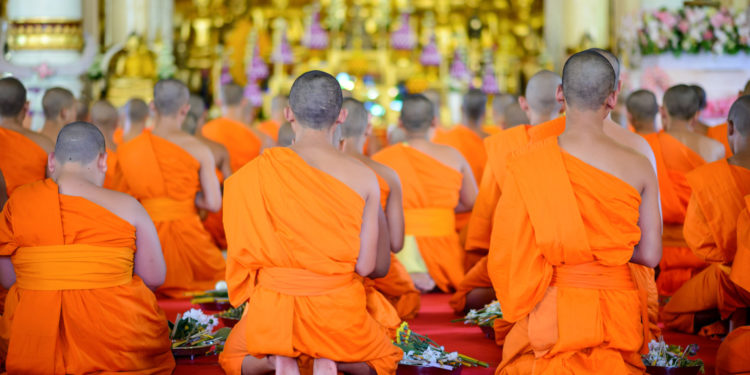Study of Buddhist monks suggests celibacy can have surprising evolutionary advantages [View all]
by Ruth Mace and Alberto Micheletti September 17, 2022

Why would someone join an institution that removed the option of family life and required them to be celibate? Reproduction, after all, is at the very heart of the evolution that shaped us. Yet many religious institutions around the world require exactly this. The practice has led anthropologists to wonder how celibacy could have evolved in the first place.
Some have suggested that practices that are costly to individuals, such as never having children, can still emerge when people blindly conform to norms that benefit a group – since cooperation is another cornerstone of human evolution. Others have argued that people ultimately create religious (or other) institutions because it serves their own selfish or family interest, and reject those who do not get involved.
Now our new study, published in Royal Society Proceedings B and conducted in Western China, tackles this fundamental question by studying lifelong religious celibacy in Tibetan Buddhist monasteries.
Until recently, it was common for some Tibetan families to send one of their young sons to the local monastery to become a lifelong, celibate monk. Historically, up to one in seven boys became monks. Families typically cited religious motives for having a monk in the family. But were economic and reproductive considerations also involved?
More:
https://www.psypost.org/2022/09/study-of-buddhist-monks-suggests-celibacy-can-have-surprising-evolutionary-advantages-63921
